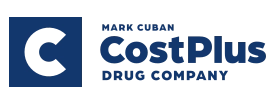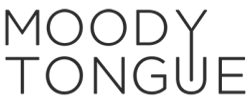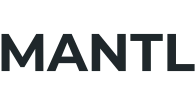EmpoweringyoungwomenthroughanadvisorshipportalwitharevampedUX/UI
Through a complete redesign of the WAVE mentorship portal, Codal helped BUILT BY GIRLS enhance onboarding, scheduling, and advisor–advisee matching. The upgraded experience strengthens the organization’s mission by making STEM mentorship more accessible and impactful for young women.
NEW USERS
4,950+
MENTORSHIP HOURS
11,000+
PROJECT LENGTH
6-month launch

BUILT BY GIRLS (BBG) is a non-profit organization that empowers young women by providing guidance and opportunities from some of the leading female voices in STEM.

The challenge
- Claims leakage: This refers to the amount of unnecessary expenditures due to a claim’s process errors and inefficiencies.
- Unstructured data: When data is siloed across multiple sources, stored in its native format, and doesn’t follow a conventional data model, it becomes increasingly difficult for a growing organization to manage, activate, and share that data.
- Alleviate the UX problems plaguing WAVE with a quick turnaround time by triaging features and functionalities to be added for an initial release.
- Create a new algorithm that matches advisors and advisees with better accuracy, using a manifold of factors at varying weights and priorities.
- Revisit the UX and retest for a second, more in-depth release.

The solution

Enhancing WAVE's user experience with smart matching and streamlined workflows

The result
Related case studies
Case study
Healthcare


Centralized accreditation hub for medical boards
Centralized accreditation hub for medical boards
Case study
Manufacturing


Elevating a B2B distributor’s eCommerce experience with a custom platform
Elevating a B2B distributor’s eCommerce experience with a custom platform
Case study
Life sciences & pharmaceuticals


Revamping the backend system for Cost Plus Drugs to streamline operations & boost prescription fulfillment
Revamping the backend system for Cost Plus Drugs to streamline operations & boost prescription fulfillment
Case study
Retail & consumer goods


Streamlining eCommerce for a leading fitness brand
Streamlining eCommerce for a leading fitness brand
Case study
Manufacturing


Creating a user-friendly parts marketplace for coffee grinders
Creating a user-friendly parts marketplace for coffee grinders
Case study
Retail & consumer goods


Elegant website redesign for Chicago's culinary brewery
Elegant website redesign for Chicago's culinary brewery
Case study
Experience design


Optimizing storage operations with intelligent workflows
Optimizing storage operations with intelligent workflows
Case study
Financial services


Establishing a superior online presence for an innovative brand in the mobile banking space
Establishing a superior online presence for an innovative brand in the mobile banking space
